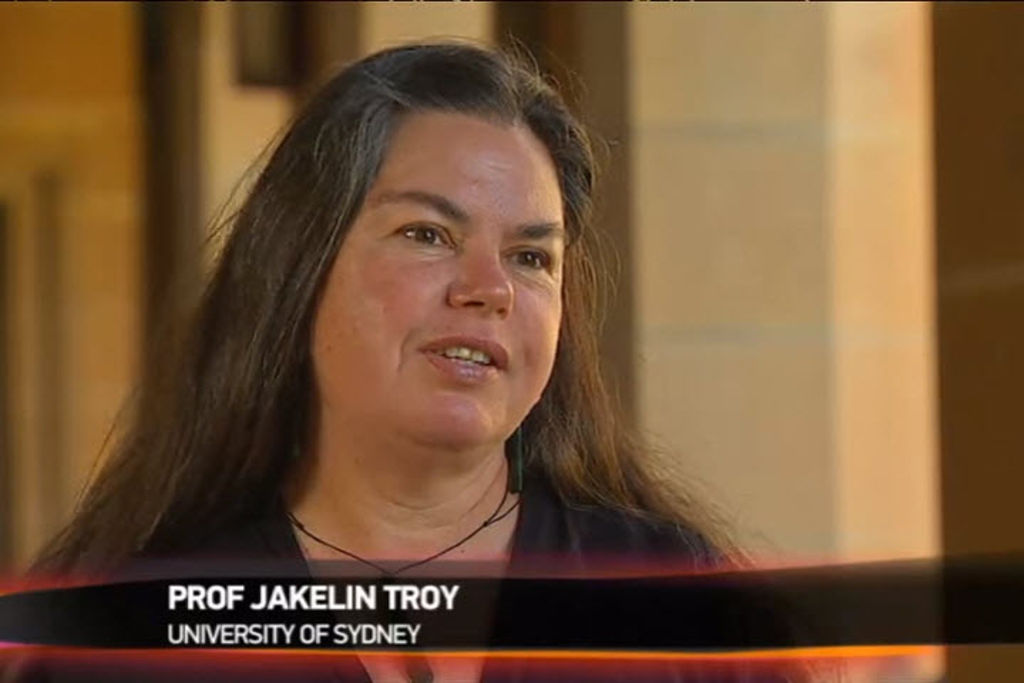Why Every Aussie Should Learn To Speak An Indigenous Australian Language
By limiting ourselves to English, we're denying a part of ourselves.

I’m not racist, but I don’t like speaking English. I would rather speak my own language – Ngarigu of the Snowy Mountains in south-eastern Australia.
It’s not that I particularly dislike English as a language, it’s just that saying who I am – “Ngaya Ngyamitjimitung” in my own language — feels much more authentic than saying “I am Aboriginal” in English. To me, “Aboriginal” sounds like a label someone else has given me and, in fact, that is just what it is.
It does seem ridiculous that in Australia very few people speak an Australian language. Who of you reading this piece speaks or knows anything about one or more of the at least 250 Aboriginal and Torres Strait Islander languages? This is because English has become the unofficial official language of this country, by default. When Governor Arthur Phillip led the First Fleet to invade our Aboriginal Countries in 1788 he not only colonised our land — he also began the colonisation of our languages. English eroded and devalued the languages of this Country, slowly replacing the Australian languages as the principle means of communication.
However, English has not colonised the minds of Aboriginal and Torres Strait Islander people. Our languages remain core to our identities and are fundamental to our connection to Country. ‘Land, language and people’ is a mantra of connection that is understood by all Aboriginal and Torre Strait Islander people. It is one that should be understood by all Australians.
I’m not racist, but it seems a crying shame that we don’t ensure that every Australian child in every Australian school learns an Australian language. Last year less than a dozen Year 12 students across the country studied an Australian language. Could you imagine children in England not learning English?
It’s easy to find racist reasons to justify why this is not currently happening. Although not wanting to be racist, you might say there is no purpose in learning an Australian language. Where would you use it? How would it ‘help’ you? These are not languages of commerce or industry — it will not profit you to learn one. But you might be surprised that, in knowing an Australian language, you will know Australia in a way you never will if you don’t speak its languages. How will you know the names of the country? How would you know that what was once ‘Ayers Rock’, named after a colonial administrator, is actually Uluru, as it is now so commonly known since its Pitjantjatjara name was officially restored in 1993?
This is just the beginning. In knowing an Australian language you will also know how to talk to its first people. You will know the human relationships, the connections to Country, the foods, the plants, the animals, the philosophies, the sciences, the religions and the truths about Australia.
On the same day as I discuss racism towards our Australian languages in the ‘I’m Not A Racist, But…’ forum in Sydney, I will also be in Alice Springs facilitating an historic gathering of Aboriginal and Torres Strait Islander peoples from across Australia with other supporters and colleagues who are working towards creating a national coalition to support our languages into the future. We hope to create a unified front from which we can work with governments, education systems and others to ensure that the Australian languages have a solid future.
I’m not racist, but it does seem that most Australians are missing out on something essential — a true part of their being as Australians — because they can’t speak an Australian language.
–
Professor Jakelin Troy is the Director of the University of Sydney’s Aboriginal & Torres Strait Islander Research Network. She will be taking part in the NSW Reconciliation Council and Sydney Ideas I’m Not A Racist, But… panel discussion with Junkee’s Alex McKinnon, artist Abdul Abdullah and spoken word music artist Luka Lesson as part of National Reconciliation Week 2016 on Thursday, June 2 at Redfern’s Giant Dwarf Theatre. Tickets and details here.